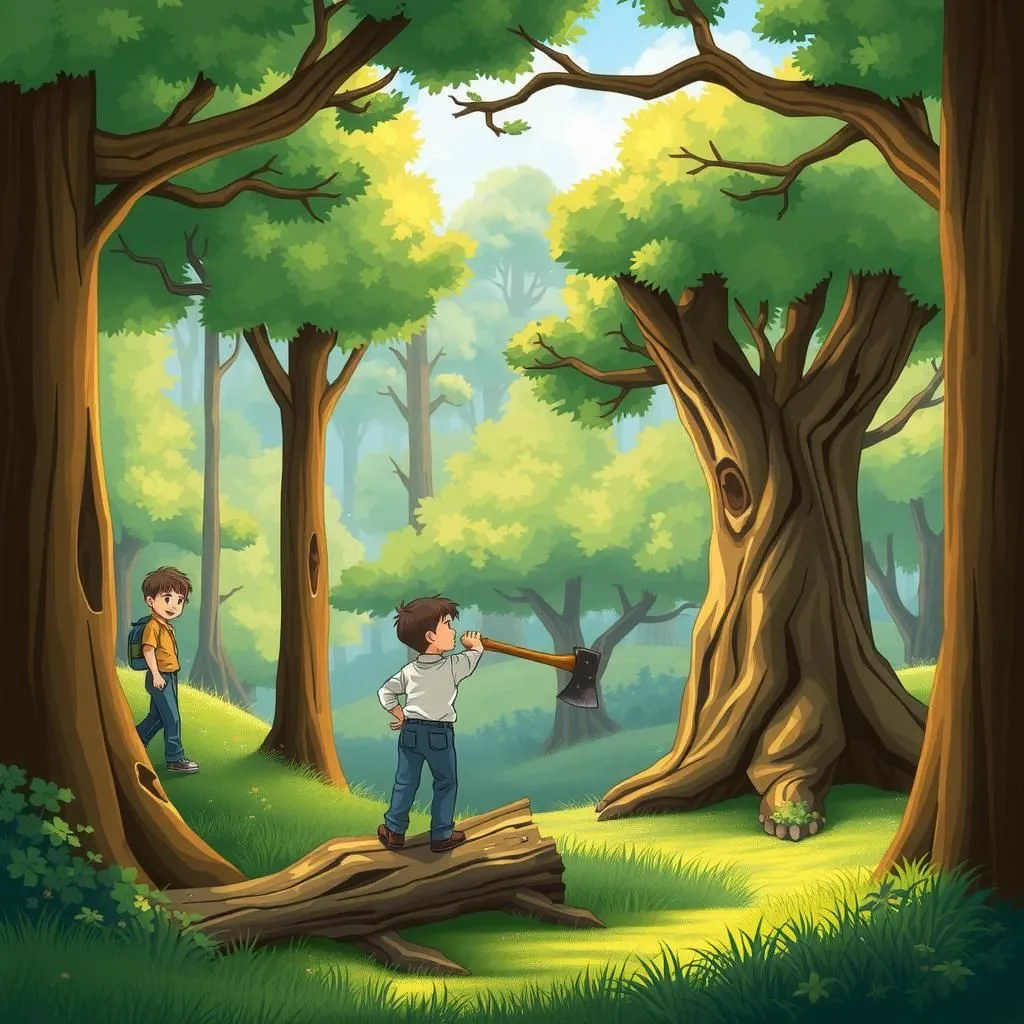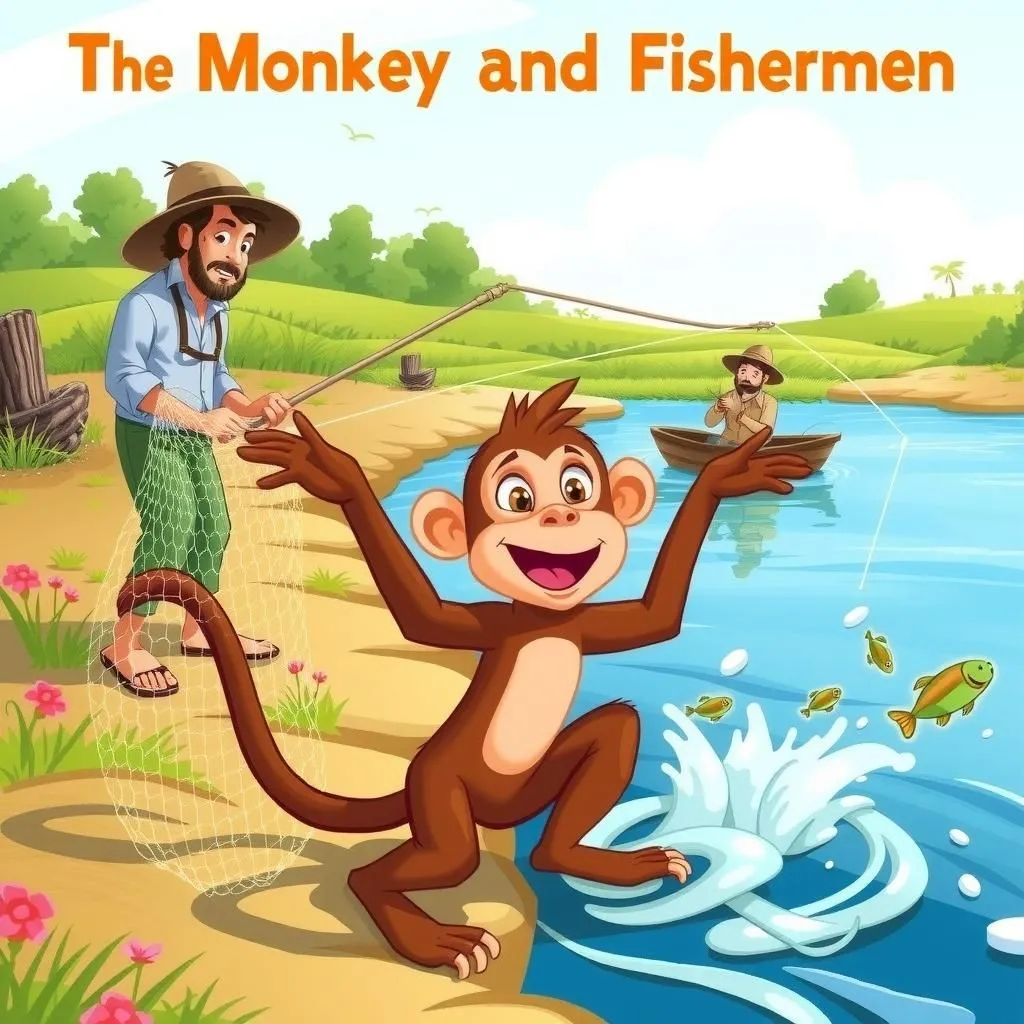
The Sick Kite
In "The Sick Kite," a poignant tale from the realm of animal stories with moral lessons, a dying kite desperately asks his mother to seek divine intervention for his survival. However, she reminds him that he has angered the gods by stealing from their altars, illustrating that one must cultivate relationships during times of prosperity to secure aid in adversity. This captivating moral story emphasizes the importance of respecting others and building goodwill before misfortune strikes.


